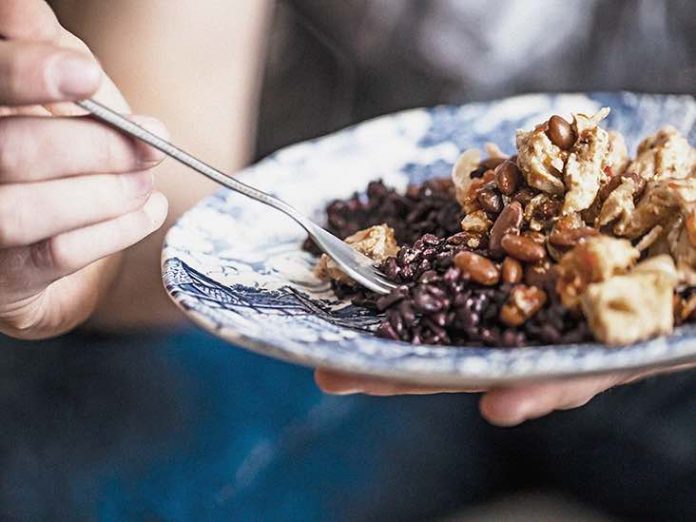Eating protein-rich diets aids in weight control by boosting satiety and increasing energy expenditure, and helps prevent loss of lean muscle mass associated with weight loss. While most Americans get enough dietary protein, MedlinePlus notes that as many as 50 percent of elderly individuals in nursing homes may be getting too little protein in their diets.
Benefits of High-Protein Soups
A study published in the “International Journal of Food Sciences and Nutrition” found that protein-enhanced soups effectively boost protein intake, and that 61 percent of older adults actually preferred the taste of protein-enhanced chicken soup over regular chicken soups. Choosing high-protein soup, or adding protein to soup, is an effective way to boost protein intake — especially in active adults and elderly individuals. To avoid exceeding sodium-intake recommendations of 1,500 milligrams daily, choose reduced-sodium soups and broths.
Boosting Protein in Soups
Soups often rich in dietary protein include chicken, beef, lentil and split pea soups. Chili that contains lean ground beef, chicken, or ground turkey, and beans is an excellent source of dietary protein. The more meat, beans or peas a soup contains, the higher its protein content. To boost protein content of soups or chili, add extra meat, peas, beans, or low-fat dried milk powder, and top it with reduced-fat cheese.
Daily Protein Needs
Protein Recommended Dietary Allowances, or RDAs, are 46 grams for women, 56 grams for men and 71 grams of protein daily for pregnant and nursing women. Elderly adults should aim to eat 0.7 grams of protein per pound of body weight daily, notes a review published in “Clinical Nutrition.” Active adults often need 0.6 to 0.9 grams of protein per pound of body weight daily, according to the position stand of the International Society of Sports Nutrition.








